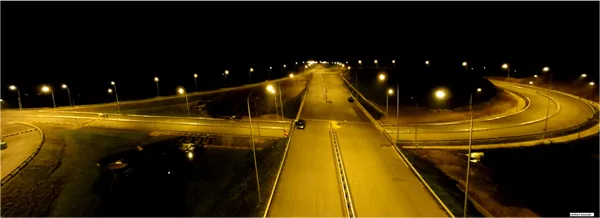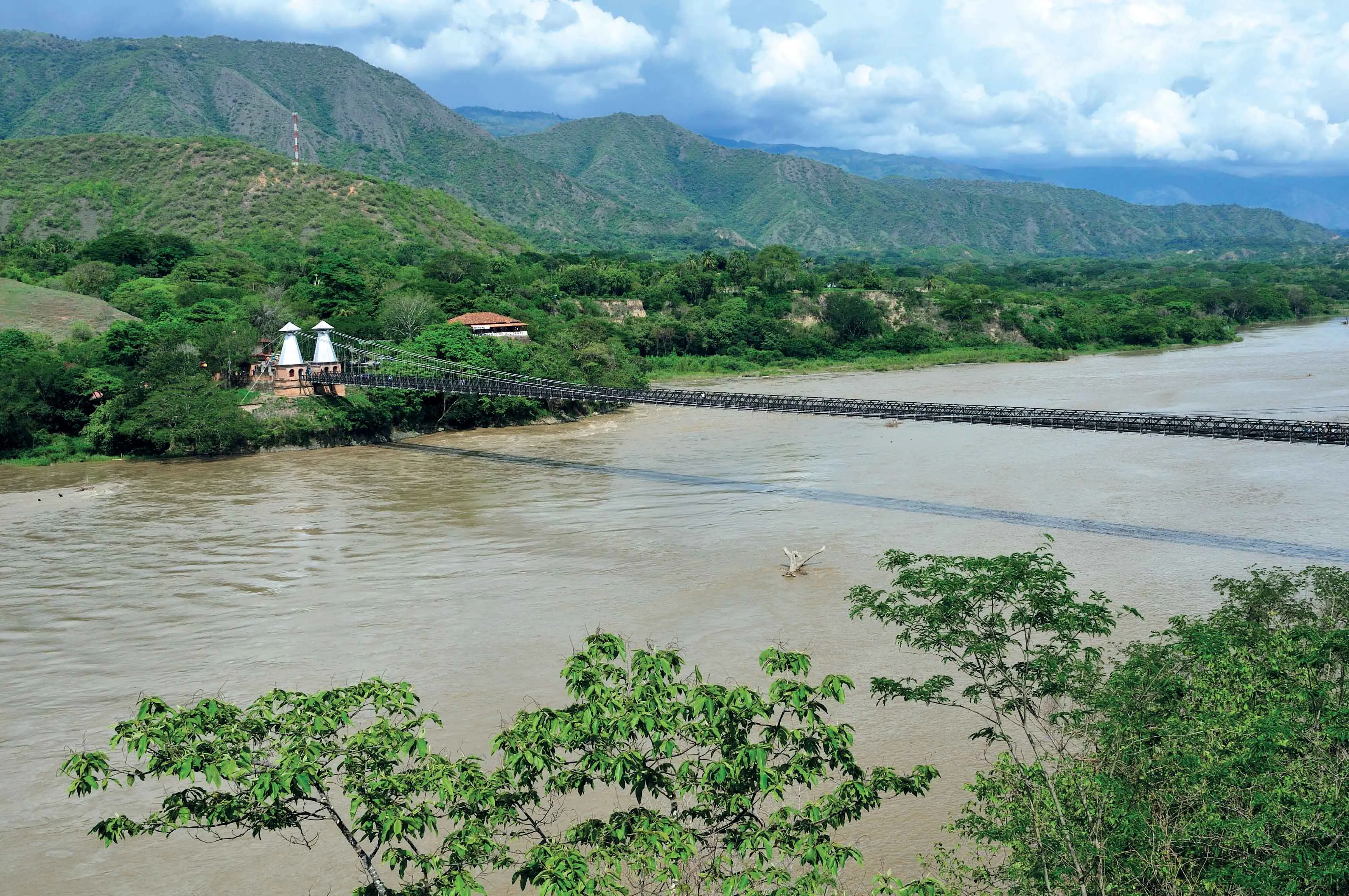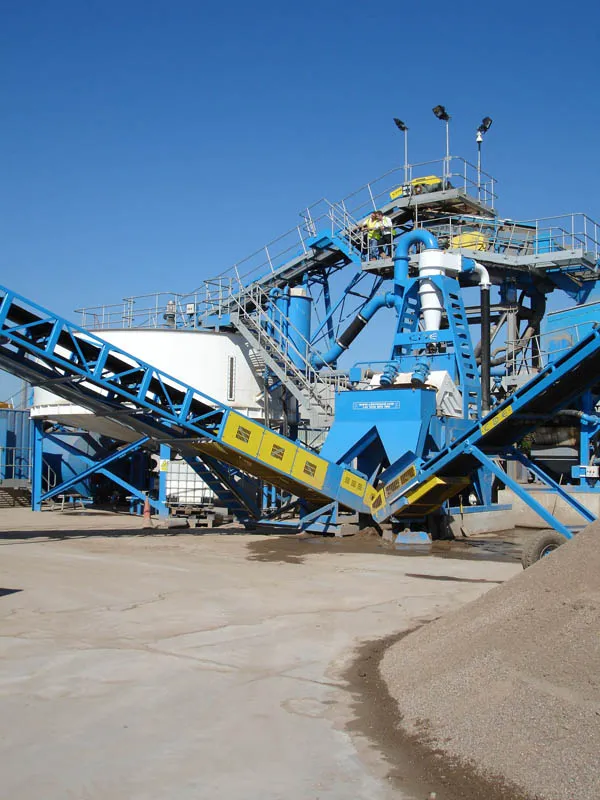Work is progressing on-track on Sri Lanka's Southern Expressway project. This will be the country's first expressway and is expected to be completed by 2012, removing the bulk of traffic from the existing coastal road that is highly congested and also has serious safety issues.
February 14, 2012
Read time: 3 mins

Work is progressing on-track on Sri Lanka's Southern Expressway project. This will be the country's first expressway and is expected to be completed by 2012, removing the bulk of traffic from the existing coastal road that is highly congested and also has serious safety issues. The new 126km highway starts at Kottawa and ends at Godagama in Matara and is expected to make a major reduction in journey times, in addition to reducing accident rates. At present, it takes around 4.5-5 hours to travel from capital Colombo to Matara using the coastal road, which carries just one traffic lane in either direction. However once the Southern Expressway is open to traffic the journey time is expected to drop to just 2 hours. The road will feature a design speed of 120km/h and will provide a key link between Colombo and the southern city of Galle, cutting journey times from the present 3.5-4 hours to less than 90 minutes. The project is being carried out in phases, with the Kottawa - Dodangoda section featuring two lanes in either direction, the Dodangoda - Godagama stretch having one lane in either direction, and the Kottawa - Matara stage having three lanes in either direction. The project also includes a 4.9km link from the main expressway to the city of Galle. The aim of the project is to improve transport facilities and help boost the development of Sri Lanka's Southern Region. The project will also help promote inter-regional transport facilities and forms a major component of Sri Lanka's proposed Expressway network. The Sri Lankan government has decided to install CCTV on the Southern Expressway in a bid to deter drivers from exceeding the 100km/h speed limit. The 2638 Road Development Authority of Sri Lanka (RDA) has said that the CCTV cameras will be installed first on the stretch from Colombo to Galle. The RDA has said that the Southern Expressway from Colombo to Galle is to be opened in August. Following several studies in late 1980, the Colombo-Matara Expressway concept was planned based on the thinking that development of southern corridor would help boost Sri Lanka's economy. In 1997, the Government of Sri Lanka obtained financial assistance from the 943 Asian Development Bank and carried out a feasibility study in 1998. The Funding Agencies, Asian Development Bank (ADB) and 2649 Japan Bank of International Cooperation (JBIC) agreed to provide the funding for the STDP. Section from Kottawa to Kurundugahahetekma (65km) was undertaken by JBIC and section from Kurundugahahetekma to Godagama (65km) was undertaken by ADB. However, in 2007, a restructuring of the contract was required due to the increased work scope and ADB's funding was limited to the section from Kurundugahahetekma to Galle (30km), including the Galle Port Access Road. Meanwhile, 2650 Sri Lanka Ministry of Economic Development has announced plans for a programme of provincial road development works. The plan involves a budget of $201 million and will target upgrades to over 3,740km of roads. The work will be carried out in districts all over the country and will include replacing culverts, installing better storm drainage, building bridges and improving pavement quality. Galle District's Provincial Road Development Project is also now underway, with upgrades being carried out to 310km of provincial roads in Galle District. Work has started on the Aluthwala Junction-Kirindela-Meetiyagoda-Galaboda Junction Road in Ambalangoda; the Unawatuna Eramudugaha Junction-Ginigala Road in Habaraduwa; and the Pinnaduwa-Pilana Road in Akmeemana.







